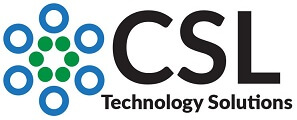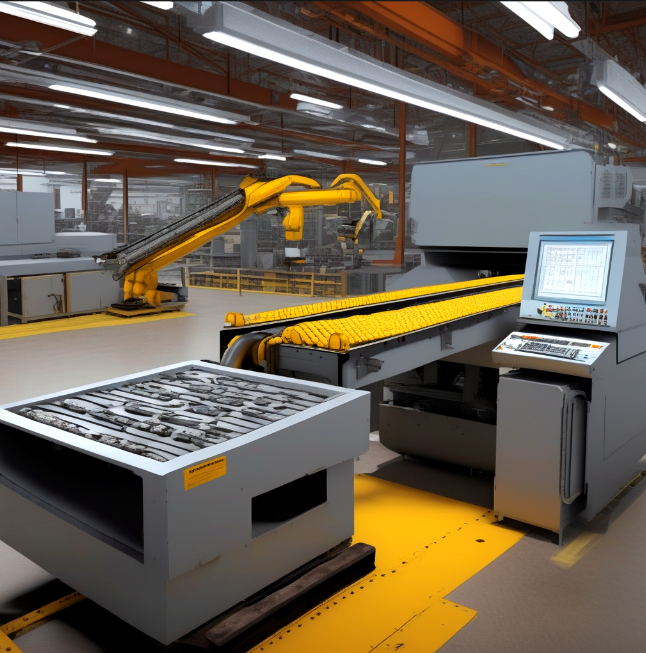Building Automation Controls: lowering maintenance costs while increasing productivity
Building Automation Controls (BAC) can significantly lower maintenance costs and increase productivity for a business in several ways:
- Energy Efficiency: BAC systems can optimize energy usage by regulating heating, ventilation, air conditioning (HVAC), lighting, and other systems based on occupancy, temperature, and time schedules. By reducing unnecessary energy consumption, businesses can lower utility bills and maintenance costs associated with wear and tear on equipment.
- Predictive Maintenance: BAC systems can collect data from various sensors and equipment to identify potential issues before they become major problems. By detecting anomalies or signs of equipment failure early, businesses can schedule maintenance proactively, preventing costly breakdowns and minimizing downtime.
- Remote Monitoring and Control: With BAC systems, facility managers can monitor and control building systems remotely via computer or mobile devices. This capability allows for quick response to alarms, adjustments to settings, and troubleshooting without the need for on-site visits. It reduces the need for reactive maintenance and enables faster resolution of issues, thereby increasing productivity.
- Optimized Workflow: BAC systems can integrate with other building management systems, such as security, access control, and fire safety systems. This integration enables automated workflows that improve efficiency and productivity. For example, when a room is unoccupied, the BAC system can automatically adjust lighting and HVAC settings, saving energy without compromising comfort.
- Data-Driven Decision Making: BAC systems generate large amounts of data about building performance and occupancy patterns. By analyzing this data, businesses can identify opportunities for further optimization, such as adjusting schedules, fine-tuning equipment settings, or redesigning workflows. Data-driven decision making leads to more informed choices that improve efficiency and reduce maintenance costs over time.
- Extended Equipment Lifespan: By maintaining optimal operating conditions and addressing issues promptly, BAC systems can prolong the lifespan of building equipment. Regular maintenance based on data insights can prevent premature wear and extend the time between major overhauls or replacements, saving on capital expenditures in the long run.
- Compliance and Reporting: BAC systems can help businesses comply with regulatory requirements by automatically collecting and reporting data on energy usage, environmental conditions, and equipment performance. This automation streamlines the process of regulatory compliance, reducing administrative burden and potential penalties.
Overall, Building Automation Controls provide a holistic approach to managing building operations, leading to lower maintenance costs, increased productivity, and improved sustainability for businesses.


